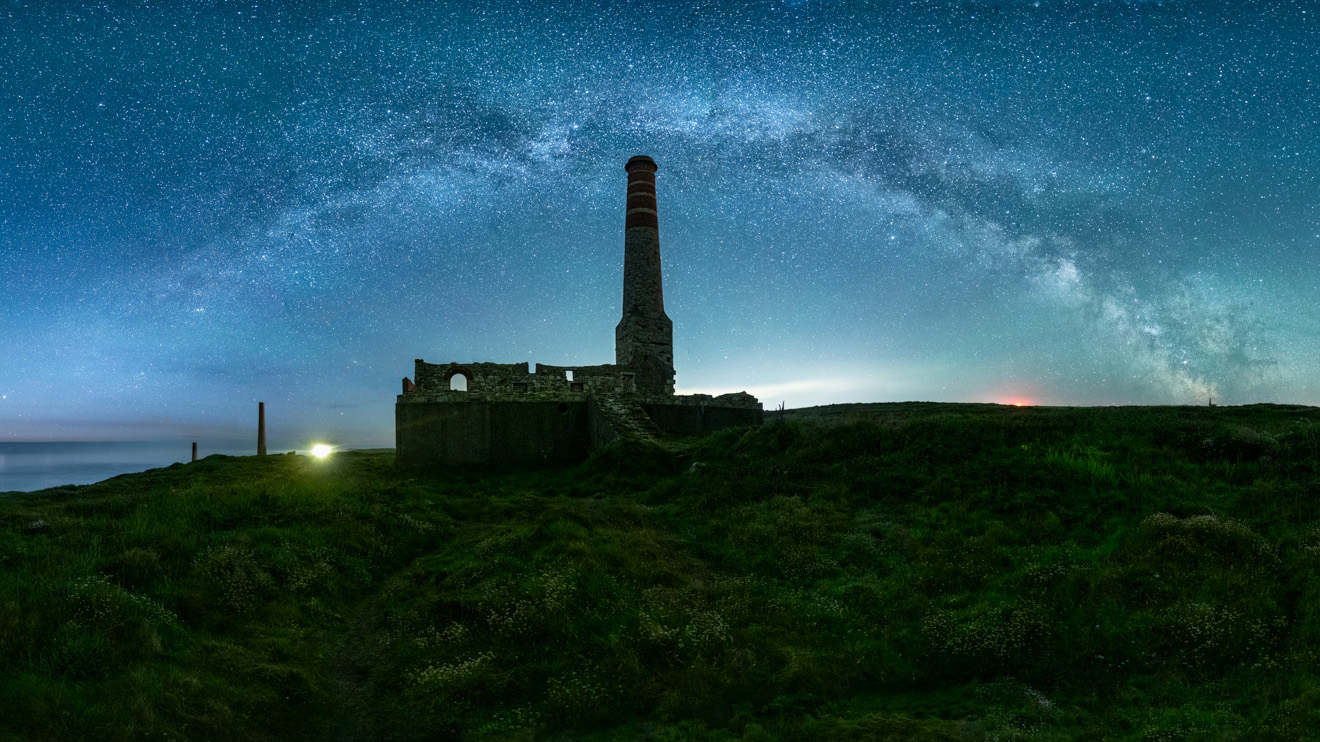
It's a common misconception that once the sun has set you'll have to retire your camera to your kit bag, but that's simply not true! While light levels do dip dramatically, with a tripod, long exposures, wide apertures and a high ISO sensitivity, you'll be able to record fantastic astro landscapes. However, you may feel a little left in the dark (pun fully intended) when it comes to the kit you'll need to get started.
We recently caught up avid astro and seascapes enthusiast Jen Rogers, based in the stunning setting of north Devon, with a love for the outdoors, hill walking and kayaking. She’s a consultant at the University of Bath and her passion is the natural world and astrophotography.
• Elevate your starry shots with the best cameras for astrophotography
In 2020 and 2022, Jen was shortlisted for the coveted Astrophotographer of the Year award and was also the runner-up for the Landscapes At Night category in the Landscape Photographer of the Year 2022 competition.
She tells us her story, her top tips for astro landscapes, as well as the camera set-up she uses, including her favorite lenses. To see more of her fantastic star-filled shots, be sure to visit her website and Instagram.
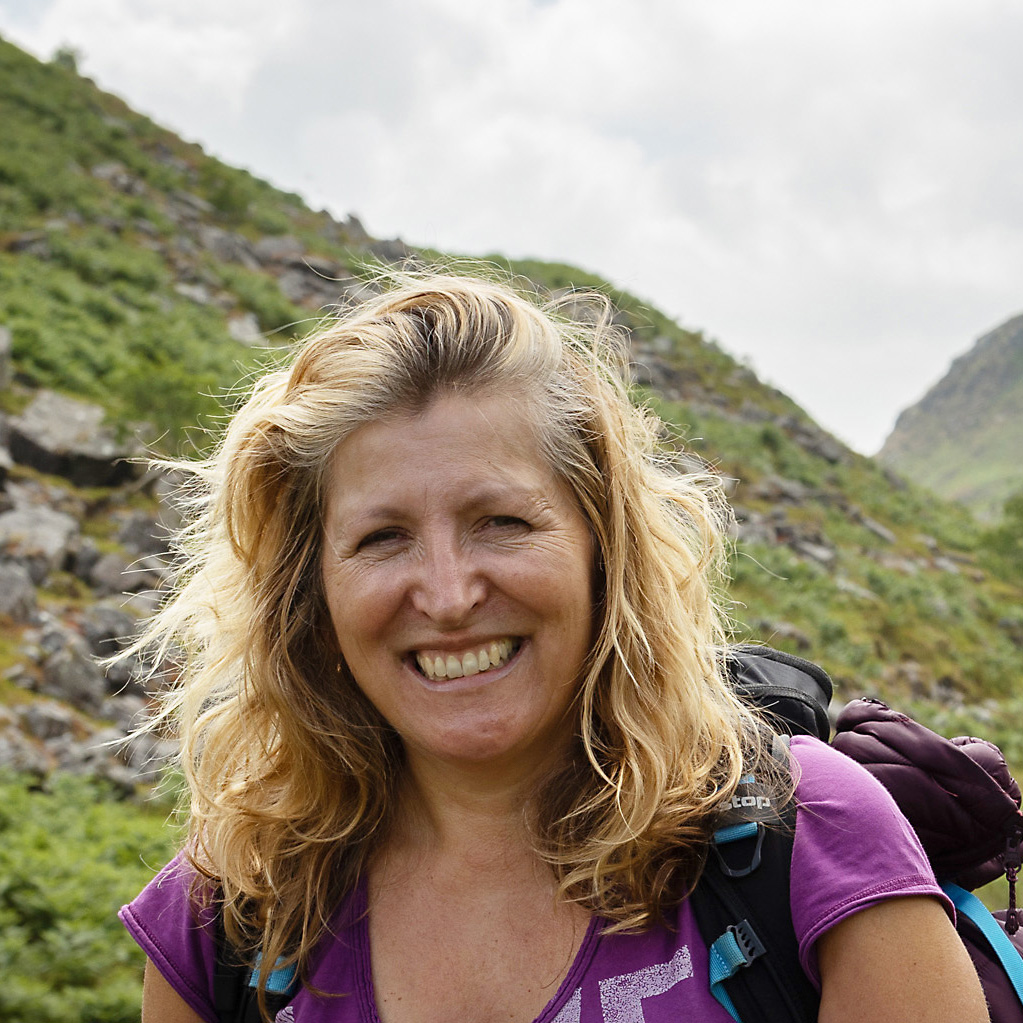
"I was given a used Praktica camera by my parents for my 22nd birthday, and I’d just moved to Scotland to study for my PhD, where I discovered hill walking. The camera became an extension of my love of the outdoors and remains so to this day. In 2007, I had the opportunity to travel through South America and realised I wouldn’t be able to carry enough film with me, so I switched to a digital Canon EOS 450D, and have since upgraded to better Canons over the years. I now shoot with a Canon EOS 5D Mark IV and a Canon EOS R.
"In 2010, I moved to Bideford on the north coast of Devon. I’m attracted to wild places and have spent many hours exploring the area by foot or kayak, particularly around Hartland with its spectacular cliffs and hidden coves. I like moody weather and bold colours, so I often shoot at dawn or dusk or in stormy weather.
"Then I went to a talk by astrophotographer Stephen Banks in 2018, which triggered a new passion for astrophotography. As a scientist, I enjoy a technical challenge and learning about the position of the galactic core in the sky at different times of the year. I also love shooting the Aurora and have been lucky enough to visit Iceland and Norway.
"My aim is to capture the Milky Way, star trails or Aurora in the context of the landscape, particularly over the sea. I spend a lot of time planning how to frame the Milky Way over the coastline or reflective pools on the beach."
Jen's pro astro kit
1. Canon EOS 5D Mark IV
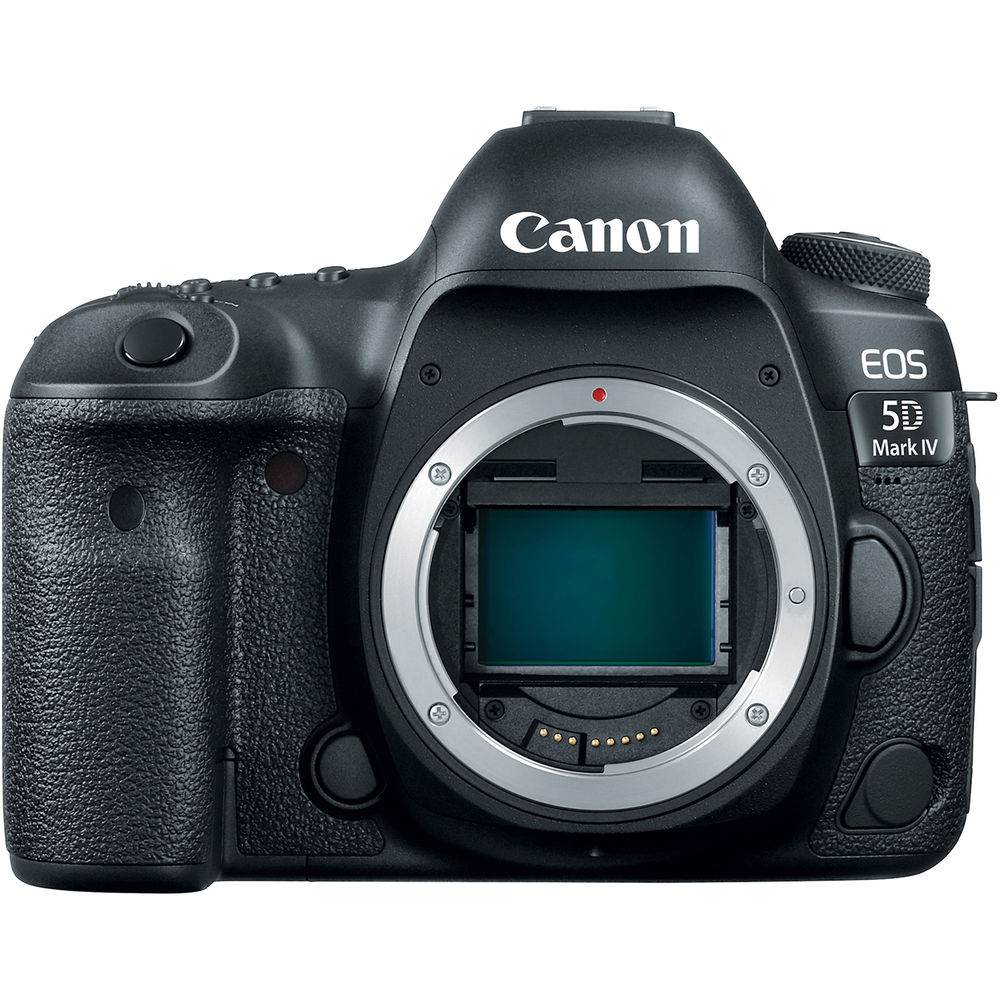
"My first digital camera was a Canon EOS 450D though I quickly upgraded to the EOS 5D Mark II and eventually moved onto the Mark III and Mark IV models. The Mark IV is my favourite. It’s great in low light and I’ve used the Canon format for so long it’s become intuitive, which is great in the dark. The touch screen and bulb timer are also very useful. I love it for seascapes too, which I shoot in Manual mode using Live View, making it very easy to bracket my exposures."
2. Canon EOS R
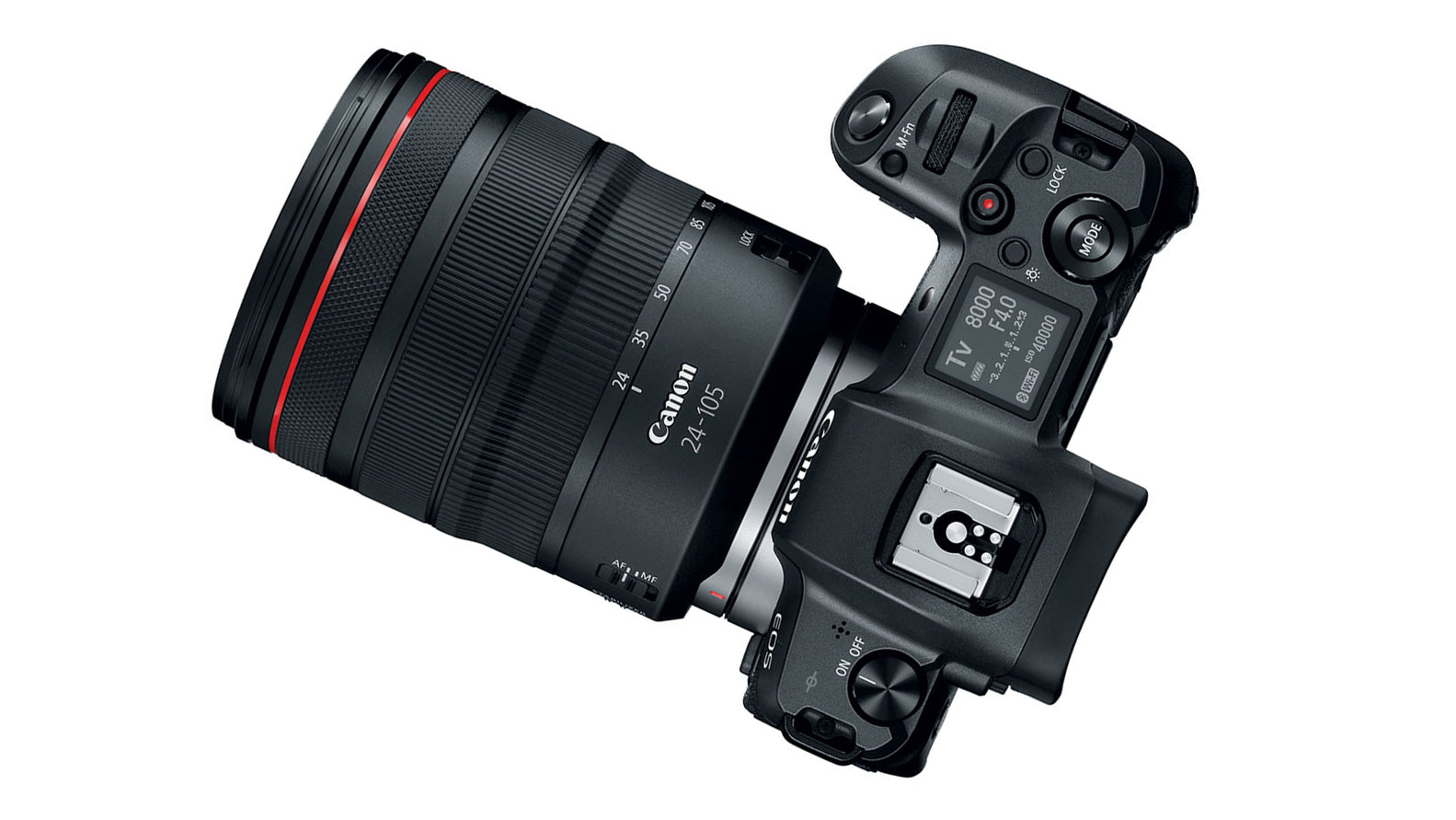
"My husband bought this for me in 2019 as it is significantly lighter than my Canon EOS 5D Mark IV but has a similar 30.3MP full-frame sensor. I now largely use the EOS R at night, as the electronic viewfinder and the Focus Peaking feature in Live View make it easier to focus on the stars and also to focus stack foregrounds. I also use a Canon EF-EOS R mount adapter so I can continue to use my old Canon EF lenses on the newer EOS R mirrorless body."
3. Canon EF 17-40mm f/4L USM
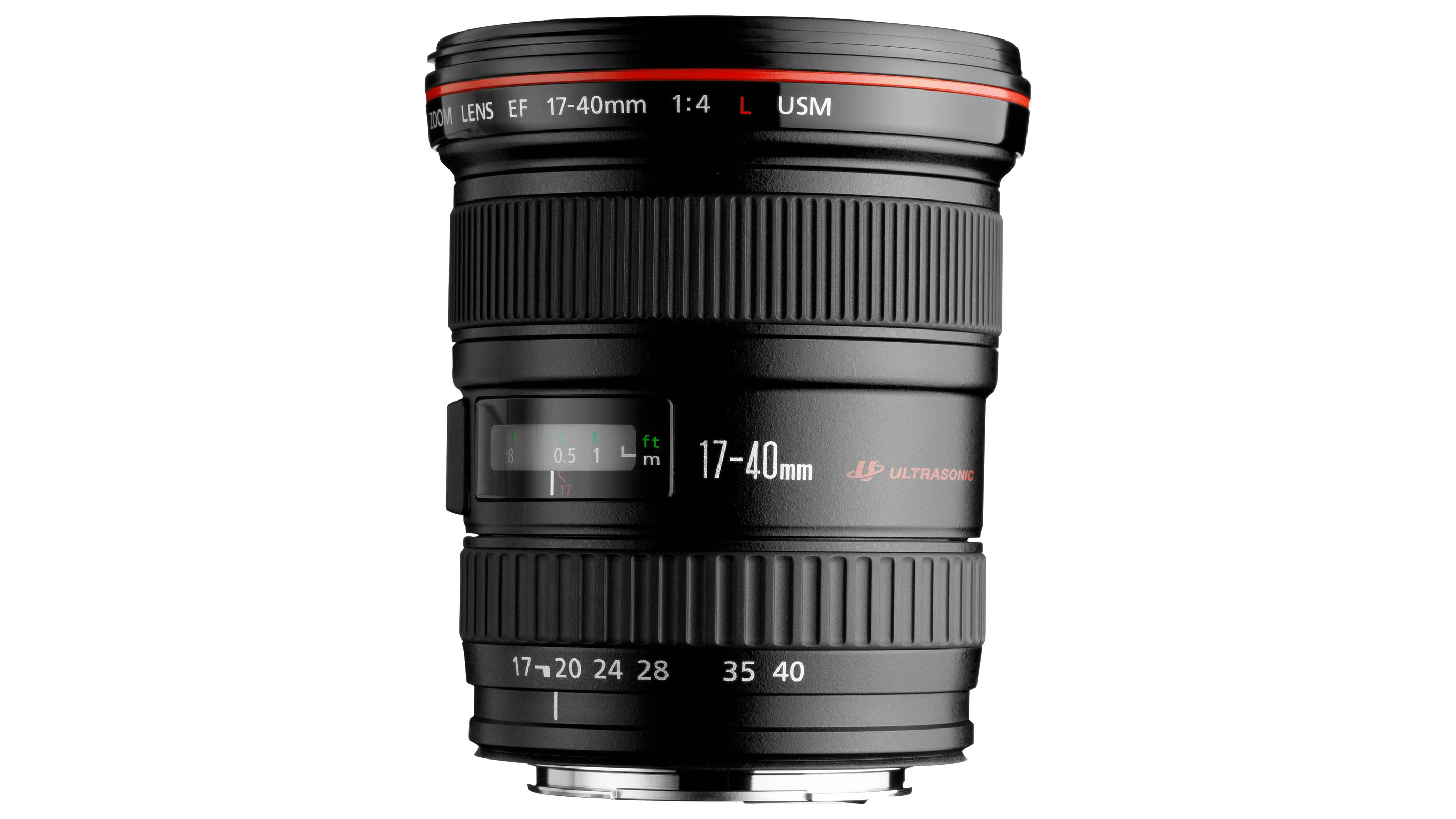
"This is my go-to lens which I use most often for landscape work. It’s perfect for emphasizing foreground, and for capturing seascapes, so it’s the lens I usually have glued to my camera in the day. I have two kit bags, one for shooting seascapes with my Canon EF 17-40mm f/4L USM and Canon 70-200mm lenses as well as my LEE filters, and another bag for night shots with several fast prime lenses, and my StarTracker inside."
4. iOptron SkyTracker Pro
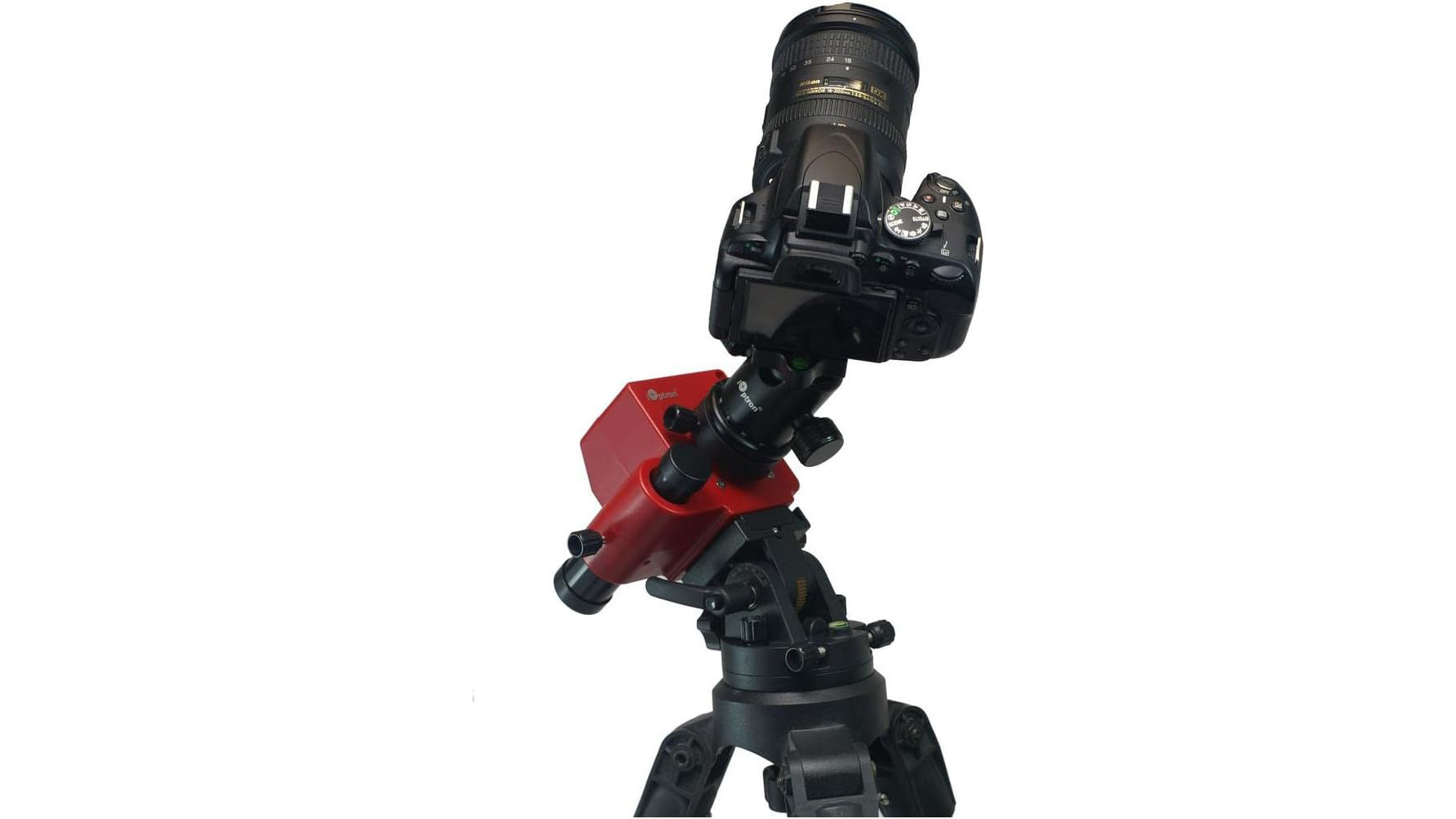
"This is my trusty star tracker camera mount which rotates at the same speed as the Earth in the opposite direction. Once aligned with Polaris, it keeps the stars still in the sky for long exposures to be used without capturing star trails. I use this for the majority of my Milky Way shots to give them incredible depth. In addition, I also use a Pixel TW283X intervalometer, which is essential for shooting star trails and tracked Milky Way exposures in bulb mode."
5. Samyang AF 24mm f/1.8
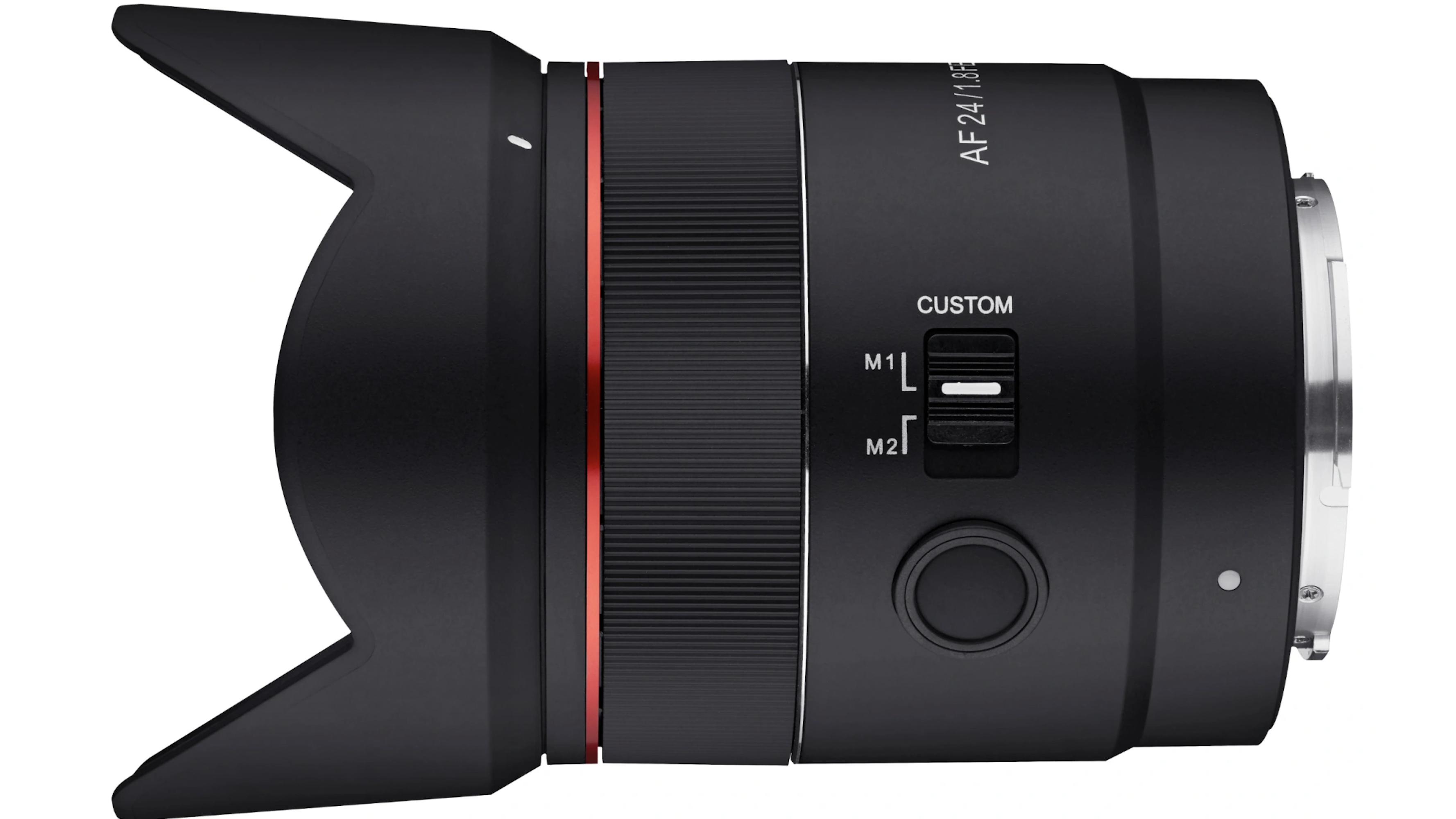
"This is my favourite night lens. Very sharp, fast, and the Milky Way is still significantly big in shot. The majority of my favourite nightscapes are shot with this. Taking a night landscape is always a compromise between getting as much detail in the Milky Way as possible and also putting it into context within the landscape. I tend to take two shots, one of the sky and one of the foreground and then stitch them together in software for a totally sharp scene."
6. Sigma 100-400mm f/5-6.3 DG DN OS | C
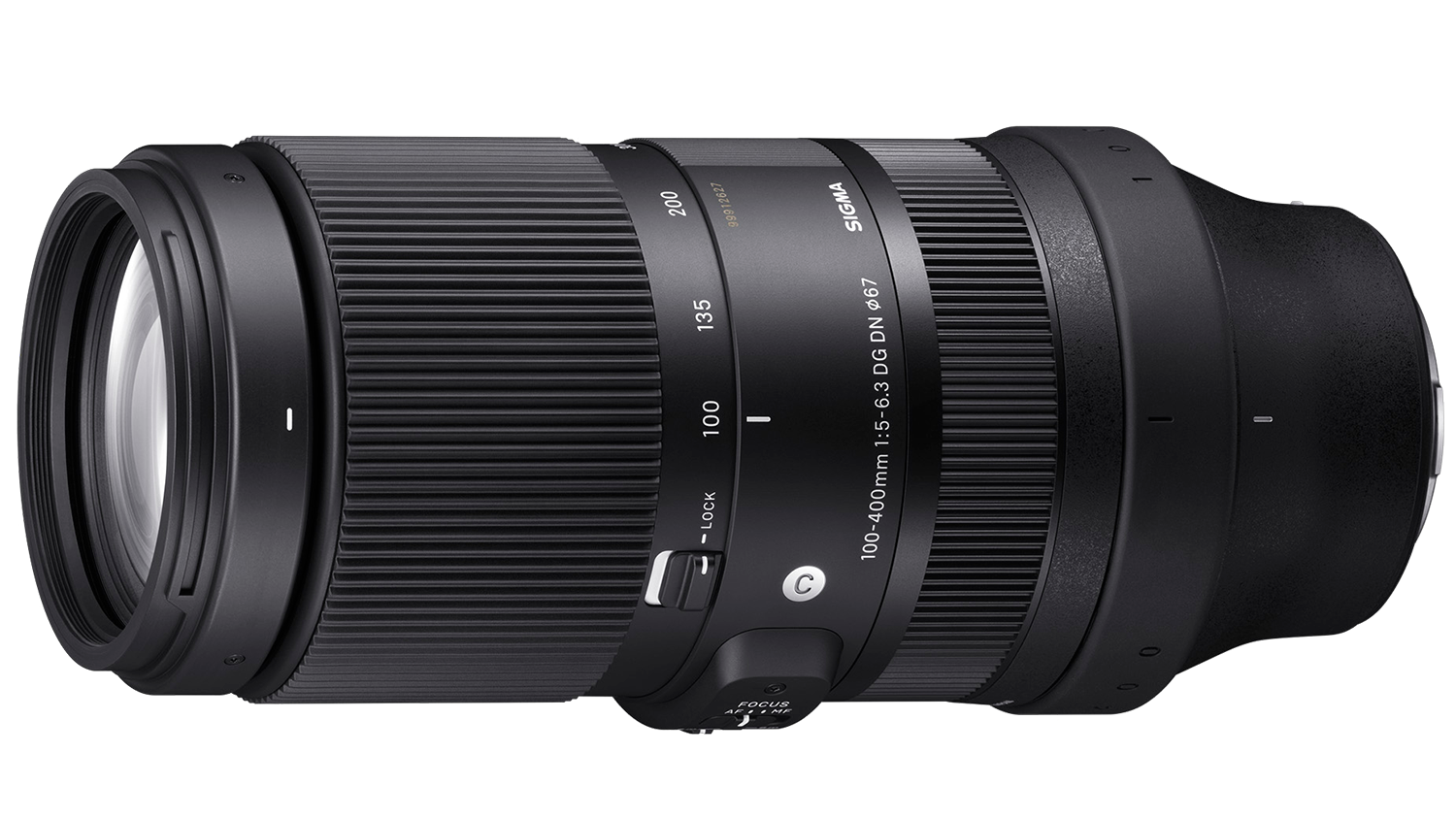
"A telephoto lens may sound like a strange choice for landscapes but I actually use two of them – the Sigma 100-400mm f/5-6.3 DG DN OS | C and my Canon EF 70-200mm f/4L USM. Both are great for compressing the perspective, but the Sigma, with its larger zoom range, is also ideal for pictures of the moon and big wave shots at the coast."







